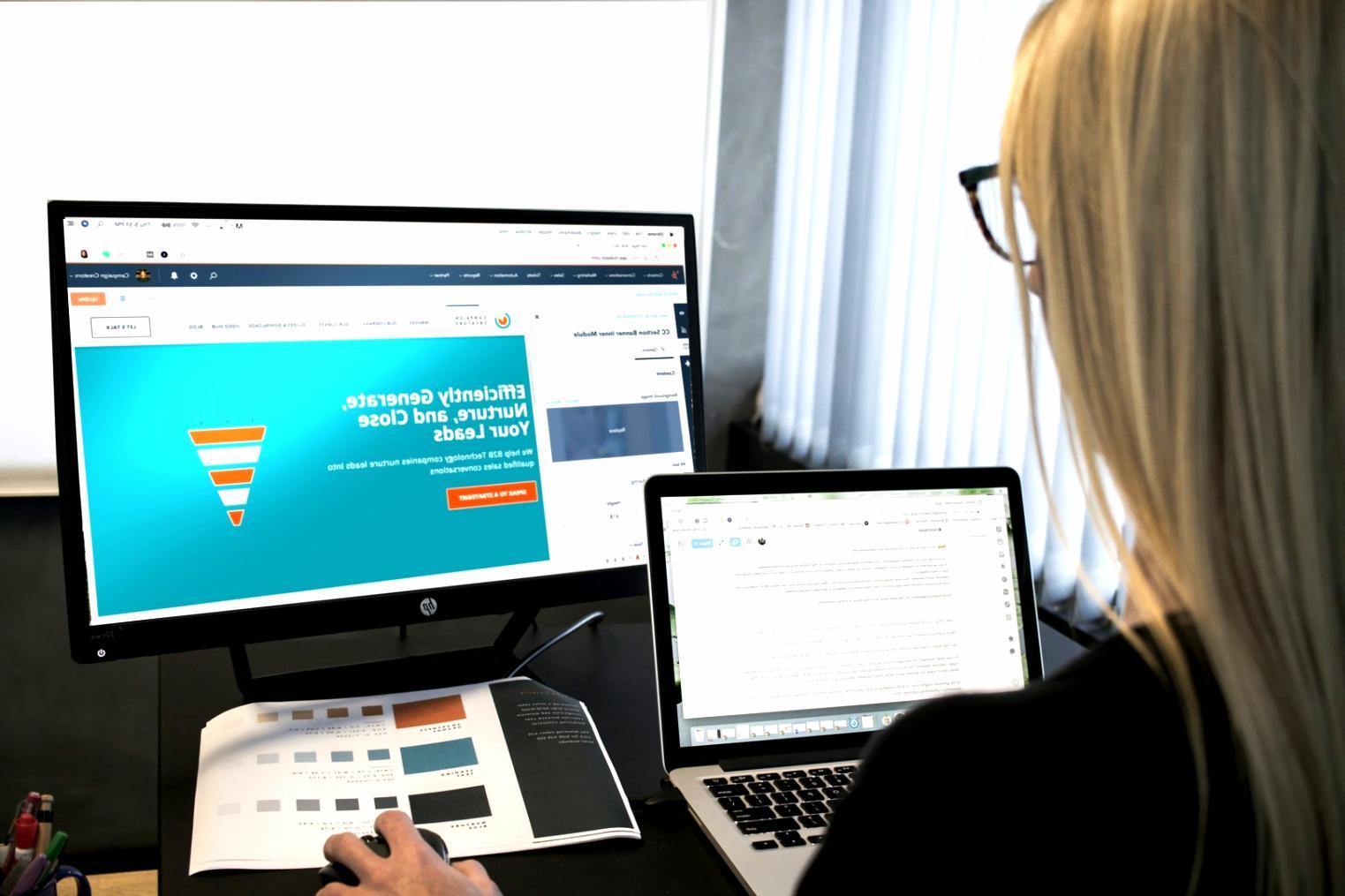Building Game Creators One Project at a Time
We started in 2021 with a simple idea: teach mobile game development through real projects, not just theory.
How We Got Started
Three years ago, we noticed something. Most game development courses were either too technical or too shallow. Students would finish and still have no idea how to actually build and ship a game.
So we tried something different. We built our programs around actual game projects. Students work with Unity and Godot from week one. They make mistakes early, learn from them, and by the end they've got something real to show.
The Georgia game dev scene has grown quite a bit since then. And we've had the chance to work with over 200 students who wanted to break into mobile games.

What Drives Us
These aren't just nice words on a wall. They're how we actually run things around here.
Real Projects Only
We don't do hypotheticals. Every assignment is something you'd actually build for a real game. You'll make plenty of prototypes that don't work. That's part of it. But you'll also finish with games you can put in the app store.
Learn by Breaking Things
The best learning happens when something crashes and you need to figure out why. We give you room to experiment and mess up. You'll debug more than you code at first, and that's exactly how it should be.
Community Matters
Game development can feel pretty lonely when you're stuck on a problem at midnight. That's why our students stay connected after they finish. They help each other troubleshoot, share job leads, and playtest each other's games.
No Shortcuts
We won't promise you'll land a job in three months. Some students take six months to feel ready. Others need a year. We focus on building actual skills, not rushing through material to hit some artificial deadline.
Keep It Practical
Theory has its place, but you won't spend weeks on abstract concepts. You'll learn optimization by making a game run better. You'll understand design patterns by refactoring messy code. Context first, terminology second.
Stay Current
Mobile platforms change constantly. New iOS features, Android updates, Unity releases. We update our curriculum regularly because last year's best practices might not work anymore. You'll learn what's actually being used right now.
Who You'll Learn From
Our instructors have shipped actual games. They know what works and what doesn't.

Luka Beridze
Lead Instructor
Luka spent seven years at a mobile studio before joining us in 2022. He's shipped 12 games across iOS and Android. His specialty is optimization and getting games to run smoothly on older devices. He's the one who'll show you how to profile your code properly.

Nino Chkheidze
Unity Specialist
Nino came from the indie game world. She's released three puzzle games under her own studio and knows the whole pipeline from prototype to publishing. She teaches our Unity track and runs the weekly game jam sessions where students build something playable in 48 hours.
How Our Programs Work
It's not complicated. You build games, get feedback, improve, and repeat.




Start With Small Games
Your first project will be simple. Maybe a basic platformer or a match-three game. You'll focus on core mechanics and getting something running. Once you've got the fundamentals down, we move to more complex systems.
Code Reviews Every Week
You'll submit your work and we'll go through it together. We point out what could be cleaner, where performance might suffer, and how to structure things better. This is where a lot of the learning happens.
Real Device Testing
You need to see how your game runs on actual phones and tablets. We've got a testing lab with different Android devices and iOS versions. You'll discover why testing on just your laptop isn't enough.
Portfolio Projects
By the end, you'll have three to five games you can show to studios. Not tutorials you followed, but games you built yourself. Some students even get job offers based on these projects.